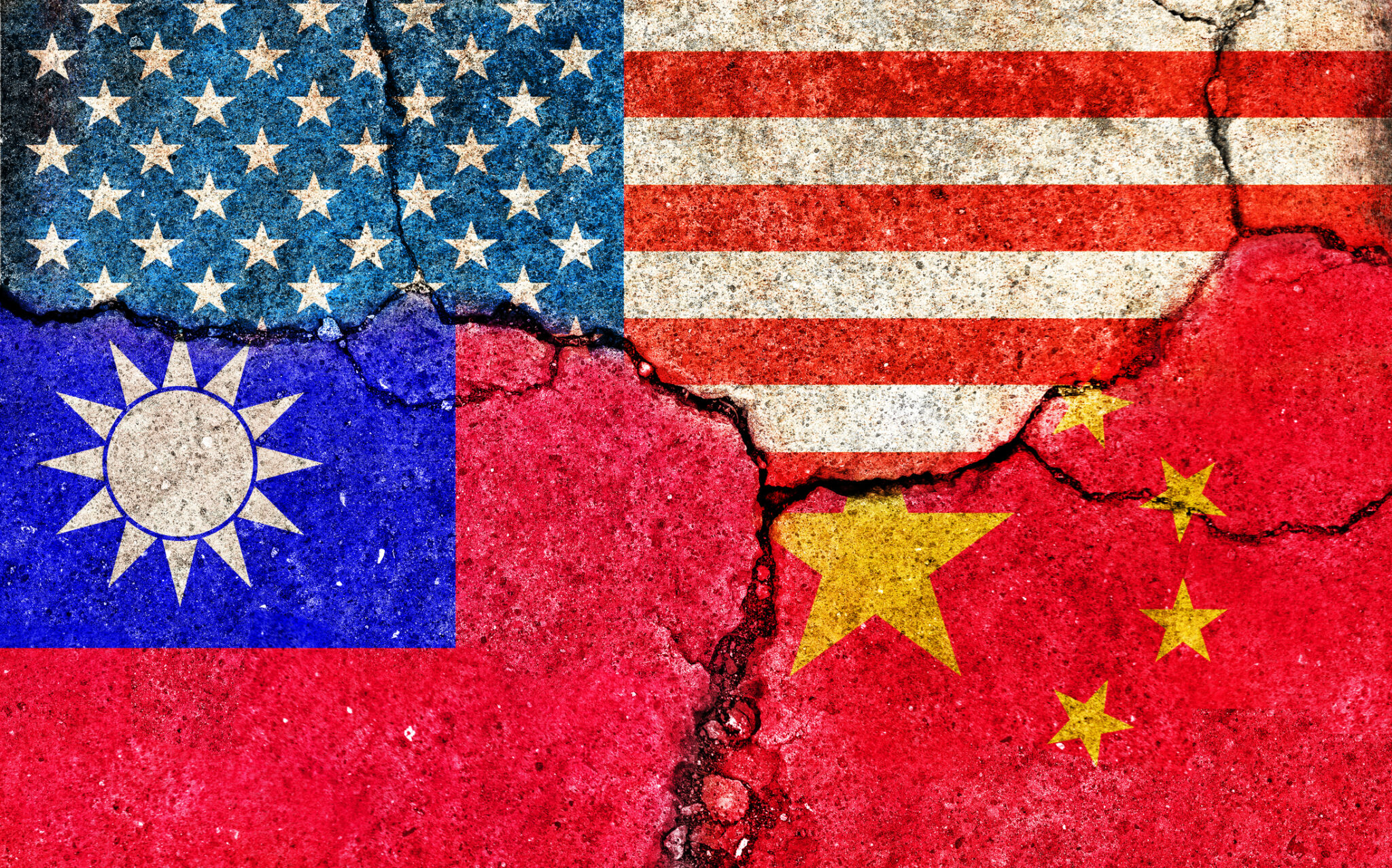Thailand leader Thaksin returns from exile as Pheu Thai prepares PM vote
Thaksin disembarked from a private jet at Don Mueang International Airport, where he was greeted by supporters in red shirts. The 74-year-old, who faces a raft of corruption charges, will probably be escorted to the Supreme Court, given a detention order and brought to jail.
It is not immediately clear whether Thaksin, a billionaire who built his support base in Thailand’s poor, rural north, will have to serve his sentence of up to 12 years in prison. Many expect he will petition for a pardon from the Thai royal family, which continues to wield significant power over politics in the country.
“We’ve missed him,” said Boom Faidang, 66, one of thousands of Thaksin supporters who traveled from around the country to welcome home the renowned fugitive. “He has done so many good things for Thai people and for the country.”
Thaksin ruled Thailand from 2001 to 2006, winning landslide victories at national elections until he was overthrown by a military coup. Reviled by the conservative elite that has controlled Thailand for most of the past two decades, he avoided returning to his home country, with the exception of a brief visit in 2008, even as the populist movement he founded continued to play a major role in Thai politics. Thaksin’s return, analysts say, has only been made possible by Pheu Thai’s shaky ascent back into government.
An incarnation of Thaksin’s “red shirt” movement, Pheu Thai earned fewer votes than expected at the national election in May, losing ground in urban areas as well as in Thaksin’s home base to Move Forward, a progressive, youth-oriented party that has sought — more explicitly and more consistently than Pheu Thai — to curb the sweeping powers of the Thai monarchy and military.
Pheu Thai initially allied itself with Move Forward against the pro-military parties who in 2014 led the charge to depose a Pheu Thai government led by Thaksin’s sister Yingluck Shinawatra. But after the country’s military-appointed Senate voted twice to block Move Forward’s prime ministerial candidate Pita Limjaroenrat, Pheu Thai abandoned that coalition and reneged on campaign promises as it formed an alliance with military-backed groups.
The new 11-party coalition, which includes Thaksin’s daughter Paetongtarn Shinawatra alongside many of her family’s most bitter rivals, is set to vote Tuesday afternoon to appoint Srettha Thavisin of Pheu Thai as Thailand’s next prime minister. If approved, the decision would end months of turbulent political negotiations that have alienated Move Forward, which will be forced into opposition despite clinching a stunning election victory in May.
Move Forward supporters as well as a segment of Pheu Thai adherents say the new government ignores what people demanded at the polls, which is an end to military rule. Closely allied with the monarchy, Thailand’s top generals have violently quashed criticism in the name of maintaining stability, including by deploying water cannons and arresting hundreds of young people at student-led protests in 2020. It also changed the constitution to give it greater control over election results.
While Thailand’s new leadership will not be a “fully democratic” outcome, it is expected at least to be more effective than the outgoing military government in addressing the challenges plaguing the country, including rising household debt, a rapidly aging population, rising crime and insecurity along the Thai-Myanmar border, said Thitinan Pongsudhirak, a professor of political science at Chulalongkorn University in Bangkok. Pheu Thai’s prime ministerial candidate Srettha, a real estate tycoon, has said he will focus on stimulating Thailand’s lagging economy.
“Thailand is in desperate need of a better performing government, a more competent government,” Thitinan said.
Tan reported from Singapore. Regine Cabato contributed reporting from Manila.
Check out our Latest News and Follow us at Facebook
Original Source






